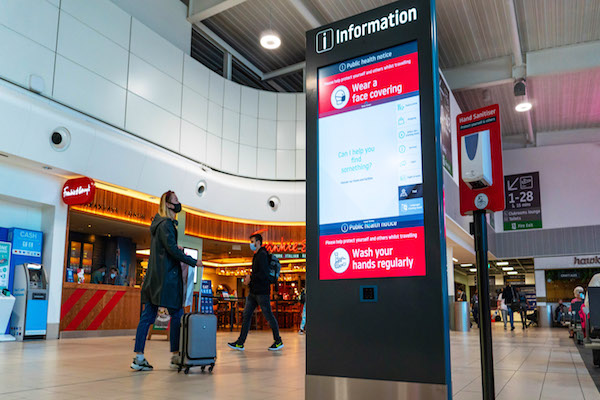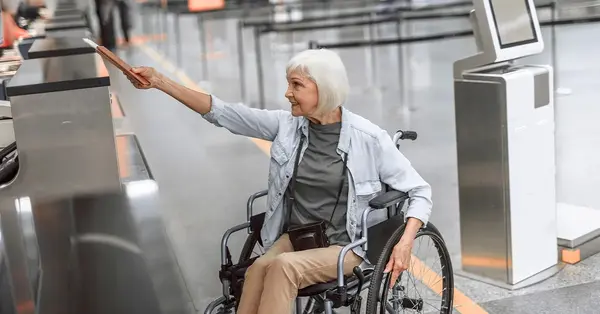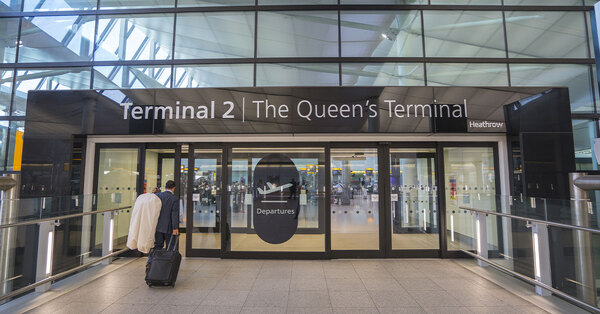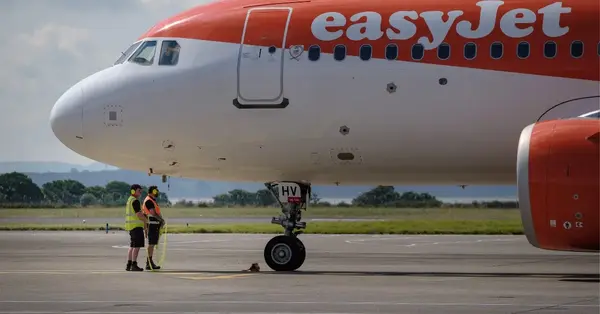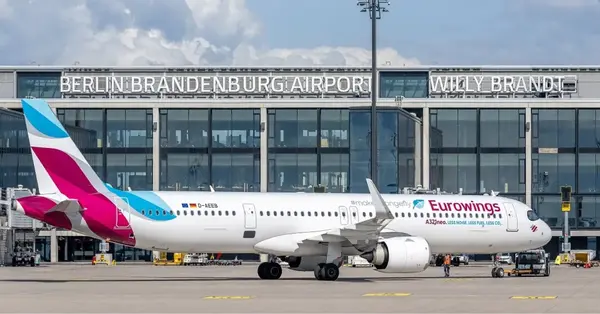You are viewing 1 of your 2 free articles
Turkey tipped for red list removal in Covid travel rules overhaul
Turkey is being tipped as being among a raft of countries to be removed from the red list banning foreign travel in time for October school half-term as the government relaxes international travel rules.
The red list, which prohibits travel to 62 countries, could be halved, meaning that most destinations will be opened up for fully vaccinated travellers.
Transport secretary Grant Shapps is also expected to confirm that the traffic light system for overseas travel will be simplified by the scrapping of the amber category. All destinations will be either red or green.
Countries on the red list, which requires passengers to pay £2,285 to quarantine in a government-approved hotel for 11 nights on their return, include Argentina, Brazil, Mexico, the Maldives, South Africa, Sri Lanka and Thailand.
Although the travel red list of countries seen to pose a high risk from new Covid variants will remain in place, the number of countries is likely to be reduced by more than half, opening up the vast majority of destinations to those who are fully jabbed in time for next month’s half-term break.
Plans to scrap compulsory PCR tests for fully vaccinated people arriving in the UK from overseas are also expected to be confirmed. A cheaper and quicker lateral flow test will be required instead.
The need to take a pre-departure lateral flow test up to 72 hours before boarding UK-bound flights and ferries could also be abandoned for double-jabbed travellers, saving them about £30 each.
But people who are unvaccinated face tougher restrictions. They will have to quarantine on their return from all countries, even though on the ‘go’ list. Insiders hope the strategy will help to drive up vaccination rates, according to the Daily Mail.
Details of the long-awaited shake-up in travel rules was described in some quarters as remaining fluid with decisions still subject to meetings, although an announcement is expected later today (Friday).
Any changes would apply to England initially, as the UK’s devolved administrations are in charge of their own travel rules.
David Evans, joint chief executive of testing firm Collinson, said his test centres could easily adapt to using lateral flow tests but he said the government must put in place a system that will endure.
“We’ve seen so much yo-yoing around with travel test rules, something like 50 different changes with travel test rules since they’ve come into play, what people are looking for now is simplicity and consistency,” he told the BBC.
“If they’re putting something in place now, let’s make sure they don’t change it between now and Christmas, when people are really looking to see friends and family they haven’t been able to see for quite some time.”
The Telegraph reported a senior government source as saying: “This is about making art easier to travel abroad to see friends and family again, while maintaining protections to keep us safe.”
Ian Bell, head of travel and tourism at audit and tax consultancy RSM, warned: “If traditional winter sun destinations remain on the red list, it’s hard to see where the financial lifeline will come from this year.
“In addition, the sector is heading for an acute financial pinch point with the next Atol renewal deadline and the end of furlough colliding on the same day at the end of the month, which will apply acute pressure to the finances of many operators.
“This perfect storm could mean some don’t have sufficient funds to renew their licences; and turning to the bond market to fill the gap appears to be off the table due to increased risk in the sector.
“Without increased international travel and improved consumer confidence to place deposits for 2022 holidays, many won’t have enough in the tank to cover the post-Covid transition.
“To protect viable businesses and jobs across the sector, the government needs to step in now to provide further tailored grants and potentially extend the furlough scheme for travel related businesses to prevent high levels of business failure across the sector.”
He said easyJet’s capacity in its European markets is “back to pre-pandemic levels” and called for the government to allow for a similar, less restrictive approach to international travel from the UK.
“The government throwing us scraps and expecting us to be grateful for that isn’t good enough,” he added. “They may continue not to listen but it shows the disconnect between the government and the industry.”
Which? Travel editor Rory Boland said: “Travellers were let down badly during the summer by a confusing traffic light system and a dysfunctional PCR testing market that left them exposed to extortionate prices and unreliable providers.
“Steps to bring down the price of testing and provide greater clarity as to the current travel system would be welcomed by anyone hoping to book a holiday or travel abroad to visit family and friends.”
He added: “Regardless of whether the rules change for double-vaccinated travellers returning to the UK, ministers must still implement the competition regulator’s recommendations about the PCR testing system to ensure affordable and reliable tests are available for those who need them.”

